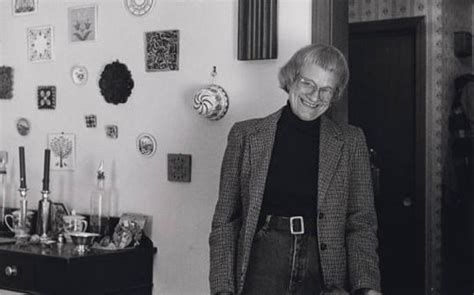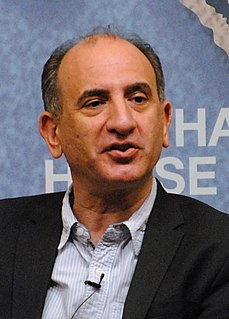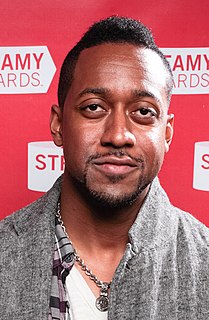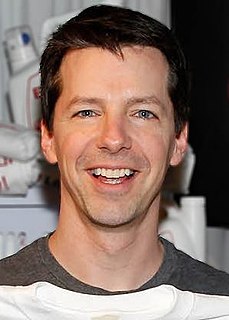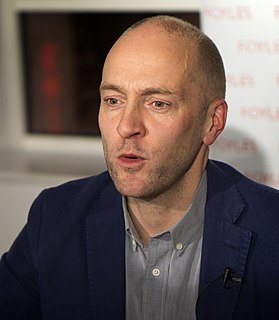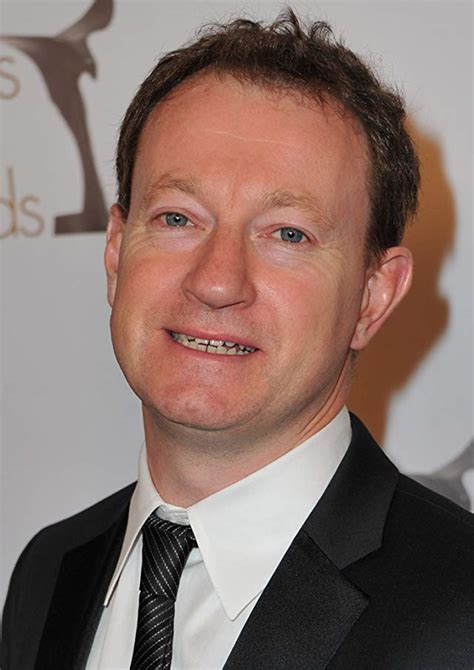A Quote by Carrie Brownstein
The process of coming out, as much as other people want to couch it in terms of politics, it's a very personal journey.
Related Quotes
Hillary Clinton did try to reach out to the Sanders voters with policy concessions, but Sanders voters, especially his most activist core, are process people. They're not policy wonks. They're people who want big money out of politics. They're people who want fairness from the DNC chair. They're people who want every vote to count. They're the people who don't like Wall Street money. Right? They're primarily about the process of politics and whether or not it's fair and whether or not big-money elites are rigging things in your favor.
My writing has to excite people and depict or include their experiences. That's part of my process - to go out and interact with people. It's very much like an archival process. I understand that the Brothers Grimm would go out and get people talking so they could document folk tales that weren't being documented any other way. I try to offer a little bit of myself - some experience from my life that evokes stories in other people.
We live in a very special time right now. At no other time in history has there been such mass disillusionment in terms of reliance on governing functions. Most people don’t want to come to terms with that. It’s been proven over and over again that the emperor isn’t wearing any clothes, but most people don’t like to look at naked emperors. In the process of turning around to avert their eyes, they saw the discotheques and a few other things and latched onto them.
It's still very relevant to how politics works within government, but in terms of the way into politics for an outsider, no, I don't think that would work. I don't know what would, other than... people are going online, and finding the single issue topics. I mean, look at the junior doctors' strike at the moment, or benefit cuts. That sort of cut across parties, and real pressure was felt in the government from inside and out.
Even though I grew up in an area of England that was more conservative than my personal politics and my family's personal politics, I grew up with a lot of guy friends. There was no real difference between us. When I moved to London, it really became apparent that gender was going to make a mark. I started experiencing sexual intimidation and aggression. People coming up to women on the streets and telling them how hot they are and what they wanted to do to them. For me, that was shocking coming from a village. I thought intersexuality was a great way of exploring that shock.
Just coming to terms with the fact that I got to play April Wheeler [Revolutionary Road] and Hanna Schmitz [The Reader] in one year, let alone in my lifetime. I'm very, very aware of how rare that is as an opportunity for any one person. I can't tell you how much I've been able to take away from these experiences creatively. I really, really learned so much about acting, about myself... all of those things. It's difficult to talk about the actor's process without sounding like an arrogant asshole but they really were very challenging.





